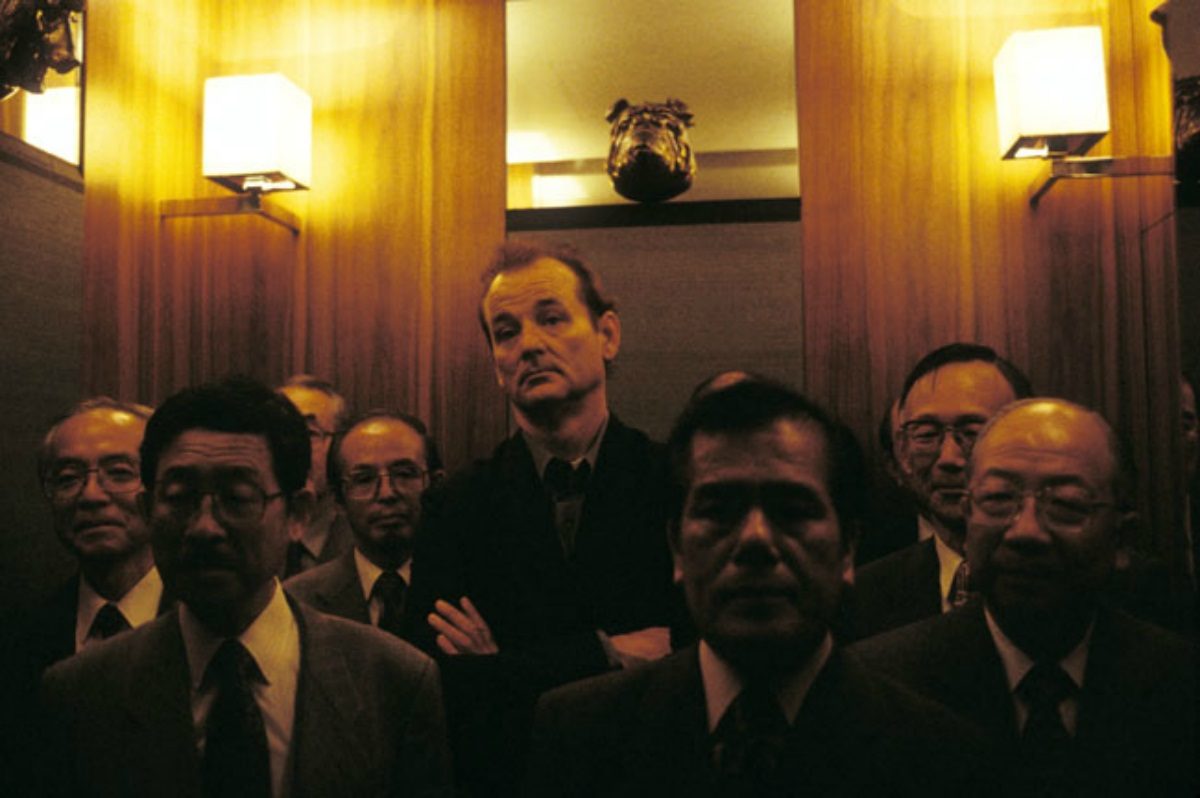If you are traveling to Japan for the first time, you may be concerned about something known as the “language barrier” – that inexplicable inability to communicate with others due to speaking a different language. Should you stress if you don’t speak any Japanese? Simply put, the answer is no!
If you’ve pictured yourself lost in Japan, wandering around with no way to ask directions to the airport, you can put those fears to rest. Thousands of travelers enter the country each day, many knowing very little Japanese or none at all. While a few key phrases can be useful, you can travel successfully even if you don’t know any Japanese words. English is taught in Japanese schools, so even if they are not fluent, most people you meet will speak some English as well. In areas frequented by tourists, signs may also be written in English.
If you’d like to learn some words for travel, however, you’ve come to the right place. The following words and sentences are common in everyday use and will aid you in getting around, ordering at restaurants, and greeting those you may meet.
Table of Contents
Greeting
Konnichiwa
The word for “hello” in Japanese is often used in popular culture, so don’t be surprised if you or your children already know it. If you want to say “hi,” simply say kon-nichiwa.
Ogenki desuka?
In order to say “how are you?” you will ask Ogenki desuka? If someone asks this question of you, say Genki desu. Arigato! That means, “I’m fine. Thanks!”.
Watashi no namae wa…
If you’d like to introduce yourself, say Watashi no namae wa (insert your name) desu. In this sentence, watashi means “I” and namae means “name.”
Thank you, please and sorry
Arigatou
The simplest way to say “thank you” in Japanese is Arigatou. If you are in a formal situation, you would elongate the thanks to Arigatou gozaimasu. Most people bow while saying thank you in order to add emphasis to their words of gratitude.
Kudasai
Similar to saying “please” in English, (name of item) wo kudasai is a way of politely asking to look at or purchase an item. If you don’t know the item’s name – such as when ordering food from a display case – feel free to point or gesture.
Sumimasen
Whenever you immerse yourself in an unfamiliar culture, you are bound to make a few mistakes. If you bump into someone, forget to take off your shoes, or find some other reason to apologize, simply say sumimasen for “excuse me”. This word can also be used to get someone’s attention, such as when you wish to summon a waiter in a restaurant or to ask someone to repeat something they’ve said.
Getting around and shopping
Doko…
When asking “where is (something)?” in Japanese, you will notice that the “something” comes first in the sentence. For example, if you ask “Where is Tokyo Station?” you will say Tokyo eki wa doko desu ka? In this phrase, eki means “station” and wa doko desu ka means “where is?” You may also want to know how to ask, “Where is the bathroom?” That’s Otearai wa doko desu ka?
Even though you may not understand the spoken answer, you will likely be pointed in the right direction. Don’t be surprised if the person you asked walks with you to show you where to go – even if that means walking several blocks or more!
Ikura desuka?
A good vacation calls for souvenirs, but you’ll likely wish to know what an item costs before you buy. If you don’t know what the item in question is called, hold it up or point to it and ask “Ikura desuka?”, Japanese for “How much does it cost?”. If you know the name of the item, insert it before the question.
Wi-fi arimasuka?
Since we live in a technological society, this question can be important, especially if you are traveling for business purposes. To ask for access to wi-fi in a store, restaurant, hotel, train station, or café, say Wi-fi arimasuka? If you’re in need of something besides the internet, replace “wi-fi” with the word for the item you need. Although you won’t need to ask if you have your Pocket Wi-Fi or Japanese Data SIM Card with you!
“Do you speak English?”
Finally, to ask if someone speaks English, say Eigo wo hanashimasu ka? In this sentence, eigo is the word for “English.” But really, it is ok (and easier) to simply ask it in English!
Other useful phrases
You’re welcome: Dō itashimashite.
Yes: Hai.
No: Iie.
I’m sorry: Gomen’nasai.
Good morning: Ohayō.
Good evening: Konbanwa.
Good night: O-yasumi nasai.
I don’t understand: Wakarimasen.
I understand you perfectly: Yoku wakarimasu.
That’s all right: Dai jōbu desu.
“Honorifics” are a common part of Japanese speech. These are words that show respect in social situations. Don’t worry – all the useful phrases listed in this article are in teineigo, or “polite language.”
Your attempts at speaking Japanese will be appreciated by the local residents that you meet. If all else fails, gesturing – such as pointing to a photograph in a menu – may be of help. And most importantly, have fun using these common Japanese phrases during your upcoming travels!
